Our boldest predictions for PC gaming in 2024
We're pondering our orbs again.
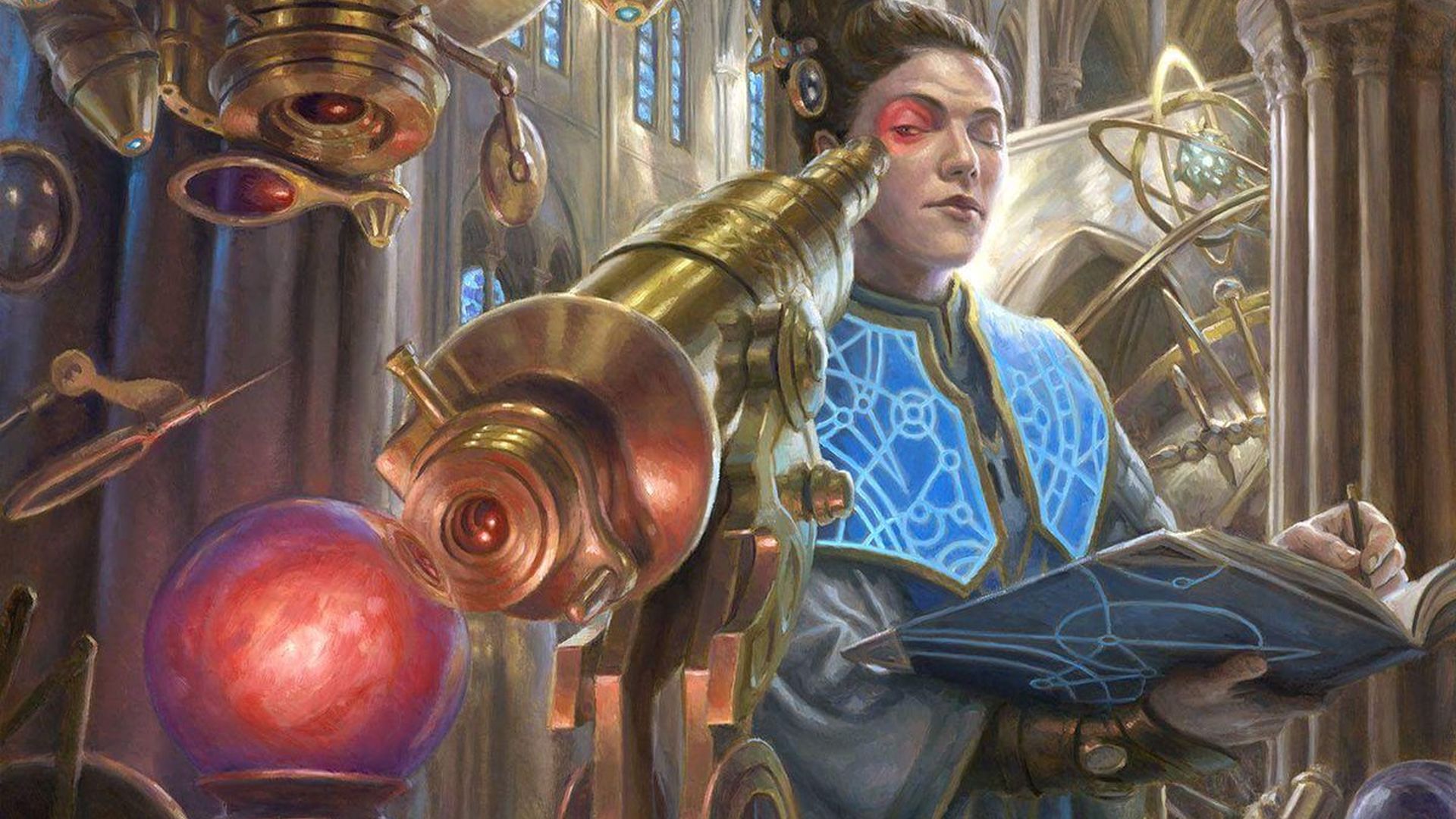
Predicting the future of something as volatile and changeable as videogames truly is a mug's game. Well, fill us up with coffee because we are apparently mugs.
In 2023, the most talked-about game of the year was a CRPG with turn-based combat, and the most quickly forgotten one was a new Bethesda open world. While award shows patted the industry on its back for a bumper year of quality games, studios closed, publishers were acquired, and layoffs were rampant.
After all that, imagining what 2024 could possibly have in store for us is a daunting task, but we'll give it a shot anyway. We can drop the difficulty down to Story for this bit, right? No? Ah.
Once again we're gazing into the web of possible futures to determine what the year ahead will bring. We've got our deck of self-made tarot cards right out of The Cosmic Wheel Sisterhood and our crew of divination wizards have rolled their portent dice. Here are our best, or at least boldest, guesses at what will happen to PC gaming in 2024.
Planet-sized planets are the new hotness
Chris Livingston, Senior Editor: I saw it twice in 2023 and we're going to see more of it in the year ahead. At GDC in March, Brendan Greene showed me a demo of Project Artemis, which is (or will be) a digital planet the size of a real planet. Then at The Game Awards, Sean Murray of Hello Games revealed the next project for the No Man's Sky studio, a digital planet—you guessed it, the size of a real planet—in the trailer for Light No Fire.
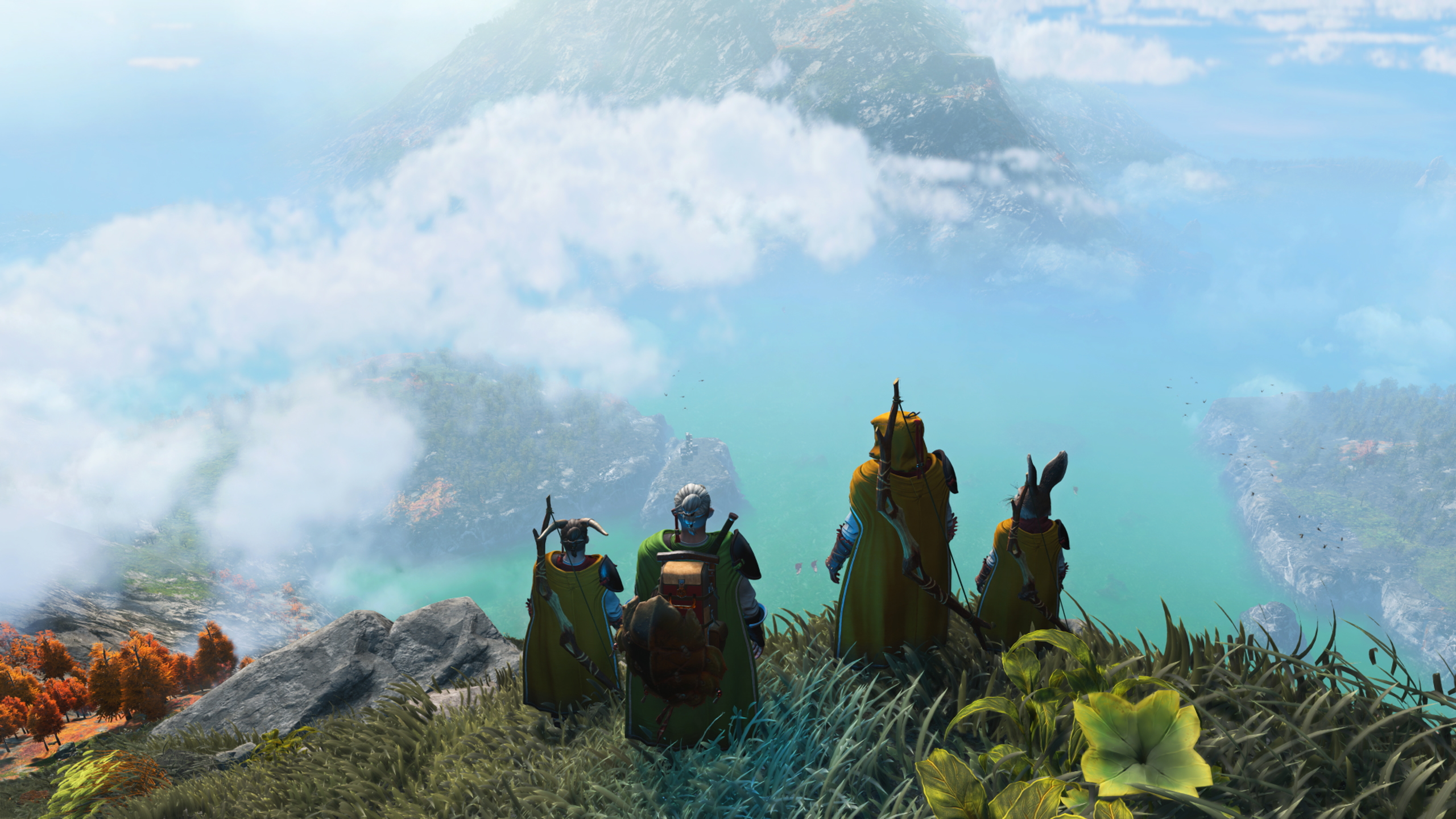
Maybe thanks to games like No Man's Sky, Elite Dangerous, and most recently Starfield, we're all just a little burned out on tons and tons of (mostly uninteresting) procedurally generated planets, so sticking with one planet, but making it utterly humongous, is our gaming future. I bet we get two or three more game announcements this coming year about digital planets as big as Earth.
A good AI-powered game will release
Tyler Wilde, Executive Editor: When I spoke to Unity exec Marc Whitten at GDC in March of last year, he was all in on the idea of runtime AI: That's generative AI not as a game production tool, but running live while you play, doing things like speech recognition or object detection, and even potentially generating dialogue or imagery or maps or anything else a machine learning algorithm can be trained to produce and remix. It was all a bit speculative, and there wound up being bigger Unity happenings to report on in 2023, but I think this is the year we see runtime AI used in games that actually demand serious attention.
The biggest gaming news, reviews and hardware deals
Keep up to date with the most important stories and the best deals, as picked by the PC Gamer team.
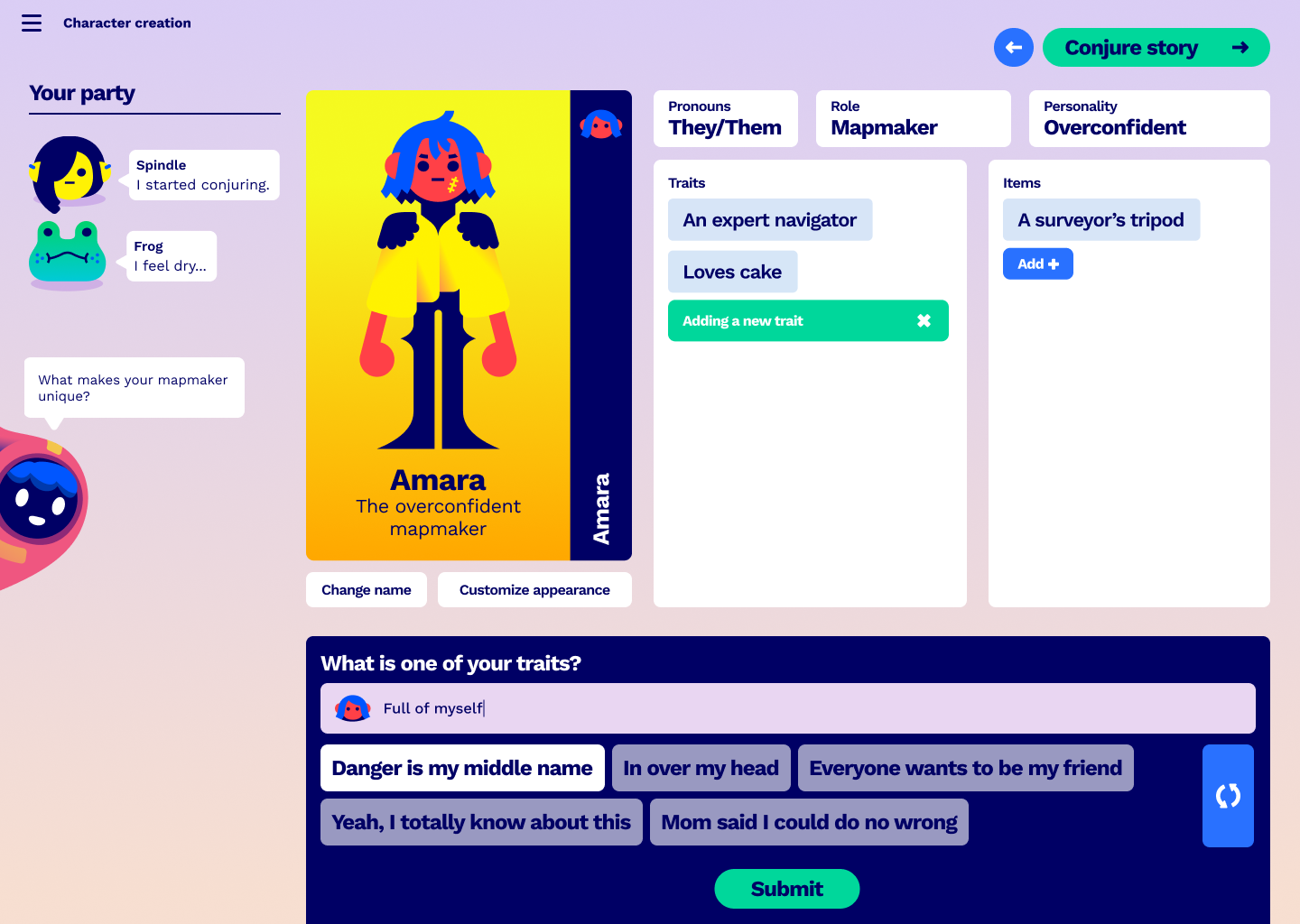
So far, experiments in the field have been novel oddities, like the ChatGPT-powered Skyrim companion who tried to murder Chris' character with bad advice, or remarkable only for illuminating the ethical quagmire generative AI is mired in. But at least one upcoming game I know about, a multiplayer storytelling platform called Hidden Door, looks like it could actually be fun, and although it can't totally escape hard questions about the whole generative AI pursuit, its developer is approaching machine learning as responsibly as any I've seen, with plans to license worlds and writing styles from their authors.
In a recent article, Josh compellingly argued that we shouldn't and don't have to accept the notion that generative AI will inevitably replace creative workers with fancy Xeroxes of the art they used to be paid for. I don't think that's an inevitable nor desirable outcome, either. But AI development will certainly continue, and in 2024, I think we'll start interacting with machine learning systems in mainstream games (beyond using DLSS for a framerate boost), and we might even discover that we like it.
It isn't clear what generative AI will be capable of in just a year's time: As explained to me by a Stanford researcher last April, because the abilities of modern machine learning systems are emergent (in the systems theory sense), there's no way to confidently predict how rapidly it will advance.
Twitter is replaced by videogames about Twitter
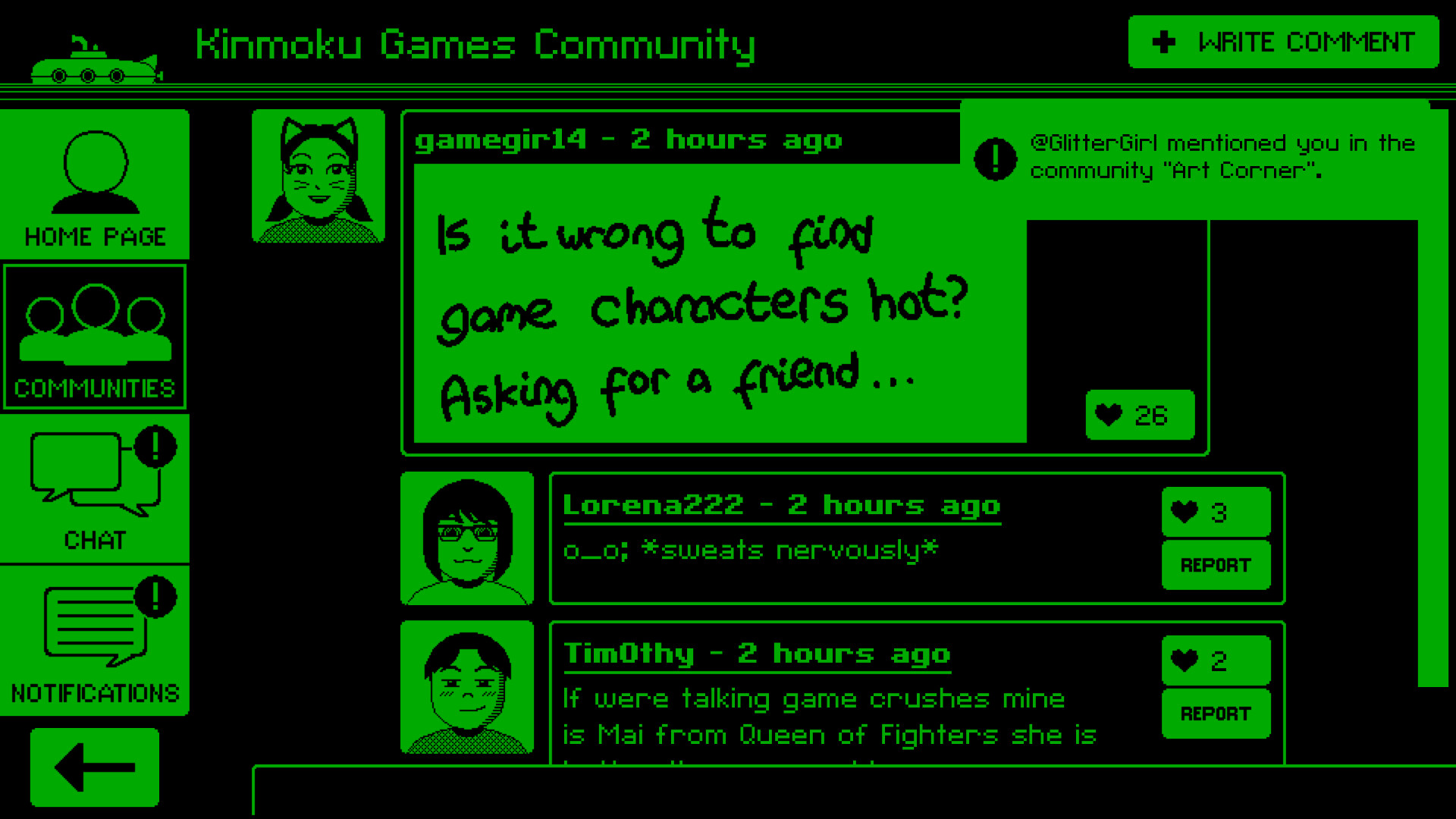
Jody Macgregor, AU/Weekend Editor: Anything that happens at the intersection of social media and videogames is especially hard to predict. Who could have imagined people on TikTok would take audio clips of Neuvillette from Genshin Impact saying "Oratrice Mecanique d'Analyse Cardinale" and turn them into a dance trend? But as Twitter dries up and shrivels like an old cob of corn and people find its replacements don't give them exactly what they want—because what they want is a time machine that transports them back to when social media was good—videogames will fill the gap.
We've seen a version of this in games like Videoverse and Emily is Away, which fictionalized the early 2000s era of instant messaging and forums. It's time for indie devs to make games about doomscrolling, whether as a backdrop for solving a mystery like the Orwell series, or to comment on our desire for internet fame like Needy Streamer Overload. Your number of retweets and followers was always a score you were trying to make go up—Twitter barely needs to be gamified to become a game.
Live service games invent a new grift
Lauren Morton, Associate Editor: Live service games are due for another new monetization creation. We've survived loot boxes and are now entrenched with their gacha game cousins. I've come to terms with season passes, battle passes, limited-time events, and more. I can resist a cash shop skin. It's about time for the constantly morphing live service boss to adopt a new form for snatching my cash. I have no idea what it's going to be, just some entirely new scheme that I'm totally unprepared for.
Dragon Age: Dreadwolf releases, is actually quite good
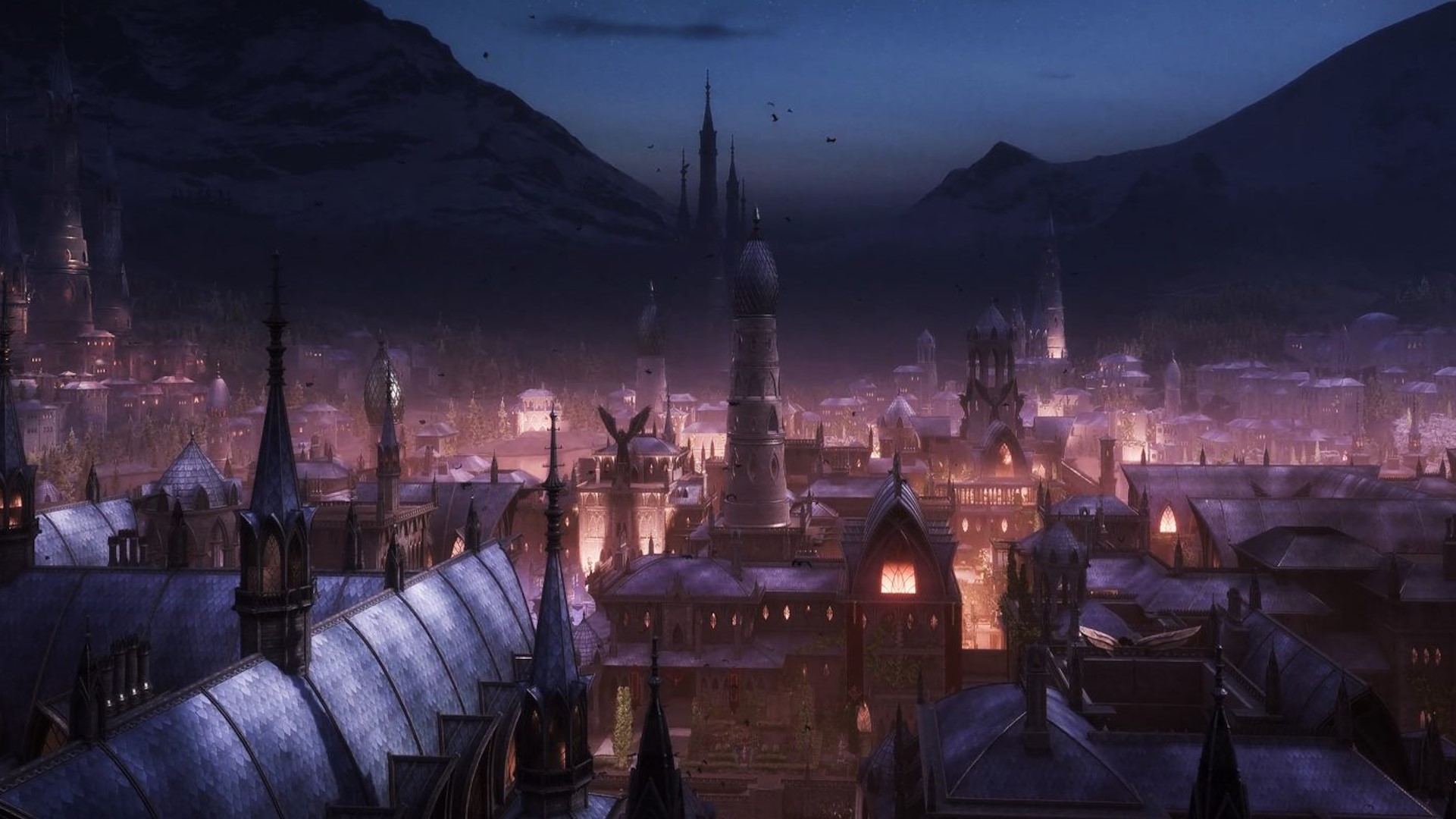
Ted Litchfield, Associate Editor: Hey, a fella can dream, right? Even as Obsidian thrives crafting experimental delights like Pentiment or Grounded and Larian just takes the crown uncontested as everybody's favorite maker of big-ass RPGs, I'll still carry a torch for BioWare, the developer that first got me into the genre.
The recent laying off of 50 employees, including veteran Dragon Age writer Mary Kirby, is probably the biggest argument against radical BioWare optimism at this point. Aside from my disappointment at their treatment, it betrays a lack of understanding by company management of what people came to BioWare for—with so many high-profile departures from the company in the nearly seven (!!!) years since Mass Effect: Andromeda came out, you really ought to preserve all the veteran talent left over from the good old days that you can.
Dreadwolf's development has now stretched for so long I've started to find BioWare's yearly ritual of tossing us a brief, show-nothing teaser trailer to be almost endearing. It's a fool's errand to keep getting mad about yet another 30-second motion graphic of concept art with no release date in sight. What do you expect at this point?
Despite all of that, I do genuinely think it'll be good, at least an 8/10 sort of joint. Even as its storytelling and high-level direction faltered in Andromeda and Anthem, BioWare's only been getting better at making fun RPGs over the years.
Dreadwolf has been cooking for so long its rumored origins as a live service-style game may have burned away at this point, and the actual, honest-to-god in-engine area shots from this year's show-nothing teaser were kind of pretty—I'm excited to hang out in Antiva. I'm not over the moon with hype for Dreadwolf, but I'm still cautiously optimistic.
Dragon Age: Dreadwolf will be delayed, and it won't be great anyway
Fraser Brown, Online Editor: The BioWare that gave us Dragon Age: Origins doesn't exist now. BioWare has been gutted, and it hasn't released a good game in nearly a decade. I have no faith that EA or the current incarnation of the studio will be able to right the ship. Nothing we've seen of the game inspires confidence, and that's because we've basically not seen anything at all. What even is Dreadwolf? I know it's an RPG, but beyond that? No idea.
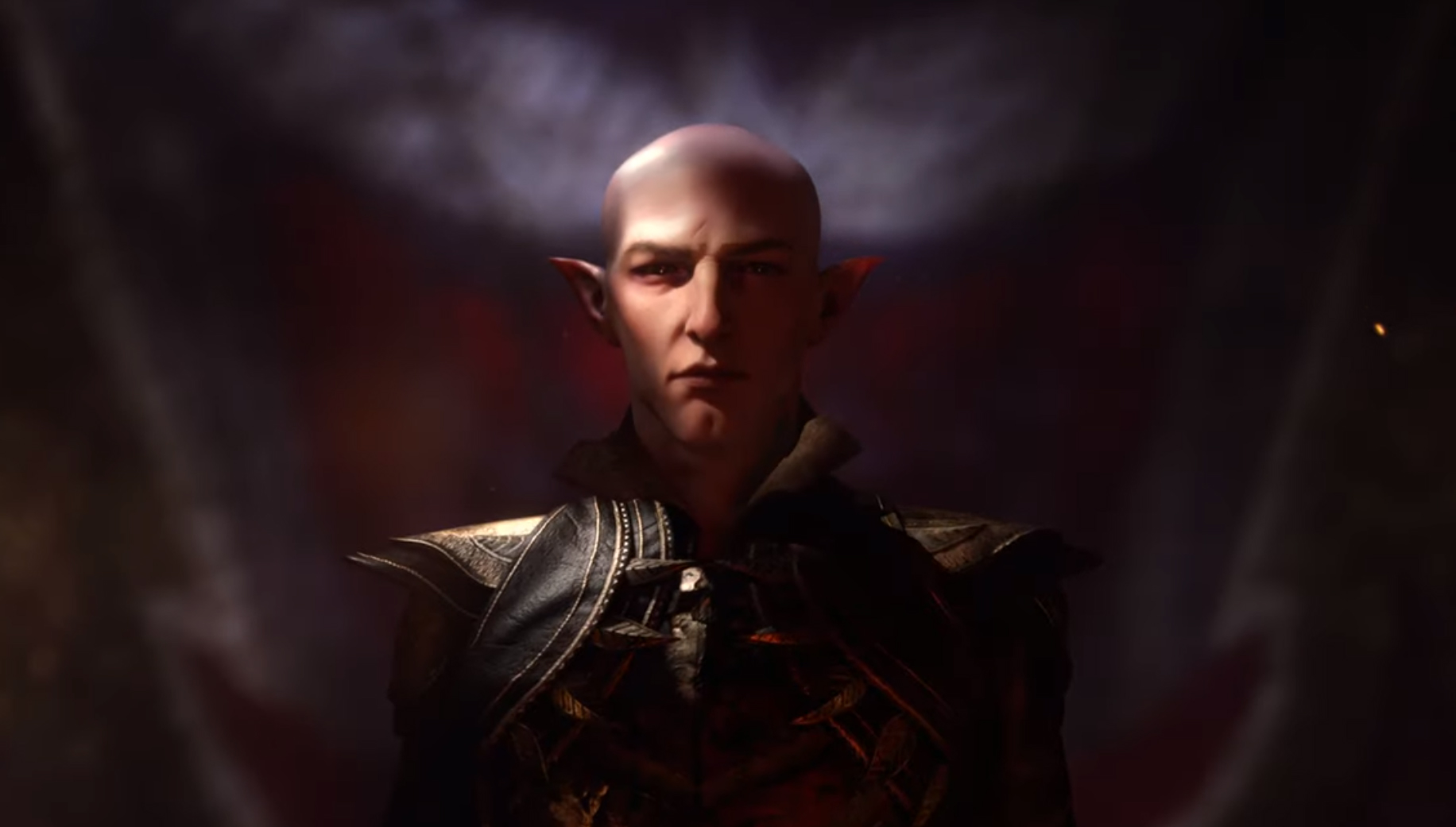
I know BioWare is being cautious and trying not to become a victim of hype, but this is a game that's due out fairly soon and it's still largely a mystery. If there was some genuinely good shit to show off, we would have probably seen it by now. The fact that we haven't—and the major layoffs—suggest a game that's in trouble. So no, I don't think we should hold our breath. It probably won't appear in the summer, and when it does, at best it will be fine. A big-budget game from a big studio backed by a big publisher. Cool.
But you know what? I don't really care. Like I said, the BioWare responsible for so many beloved RPGs is dead. I'm not expecting it to set my world on fire. Baldur's Gate 3 reminded me what a genuinely great RPG looks like, and there are plenty of interesting projects following in its footsteps, or the footsteps of RPGs like Disco Elysium, that I don't need anything from BioWare now.
Another gaming handheld launches running SteamOS
Wes Fenlon, Senior Editor: Before Valve released the Steam Deck, it vowed to make SteamOS publicly available—and also said that it was open to other handheld PC makers running the customized version of Linux. Despite sounding like direct competition for the Steam Deck, being open with SteamOS actually makes a lot of sense—Valve only stands to benefit from more PC handhelds out there booting directly into the Steam store, rather than Windows. So far we haven't seen another device launch with SteamOS, but I think 2024 will be the year—especially because Valve recently told us making that possible "is very high on our list."

"We're hoping soon, though, it is very high on our list, and we want to make SteamOS more widely available," said Valve's Lawrence Yang. "We'll probably start with making it more available to other handhelds with a similar gamepad style controller. And then further beyond that, to more arbitrary devices. I think that the biggest thing is just, you know, driver support and making sure that it can work on whatever PC it happens to land on. Because right now, it's very, very tuned for Steam Deck."
I'm actually optimistic that this will be a pretty easy problem for Valve to solve. While there are a lot of competing gaming handhelds out there now, from the Asus ROG Ally to Lenovo Legion Go to the broad range of Ayaneos, a lot of them are running on similar hardware—the same AMD APUs are at the hearts of most of them, and I bet they're pulling from a limited pool of displays, too. I'm particularly hoping to see one of the smaller, lighter gaming handhelds like the Ayaneo Air running on SteamOS. I love the Deck, but it is most definitely a chonky boy.

Jody's first computer was a Commodore 64, so he remembers having to use a code wheel to play Pool of Radiance. A former music journalist who interviewed everyone from Giorgio Moroder to Trent Reznor, Jody also co-hosted Australia's first radio show about videogames, Zed Games. He's written for Rock Paper Shotgun, The Big Issue, GamesRadar, Zam, Glixel, Five Out of Ten Magazine, and Playboy.com, whose cheques with the bunny logo made for fun conversations at the bank. Jody's first article for PC Gamer was about the audio of Alien Isolation, published in 2015, and since then he's written about why Silent Hill belongs on PC, why Recettear: An Item Shop's Tale is the best fantasy shopkeeper tycoon game, and how weird Lost Ark can get. Jody edited PC Gamer Indie from 2017 to 2018, and he eventually lived up to his promise to play every Warhammer videogame.
- Lauren MortonAssociate Editor
- Christopher LivingstonSenior Editor
- Tyler WildeEditor-in-Chief, US
- Ted LitchfieldAssociate Editor
- Wes FenlonSenior Editor

